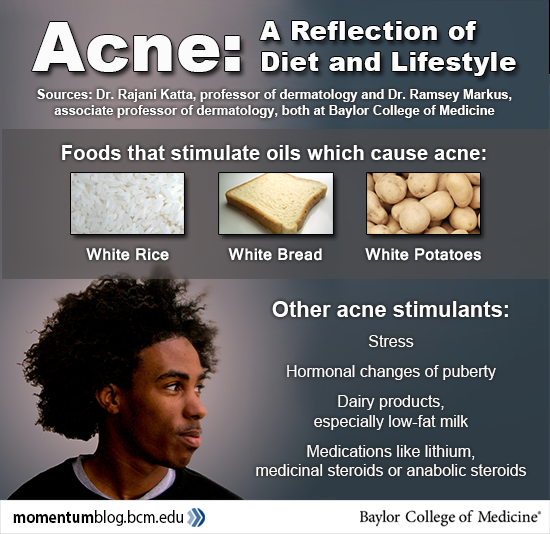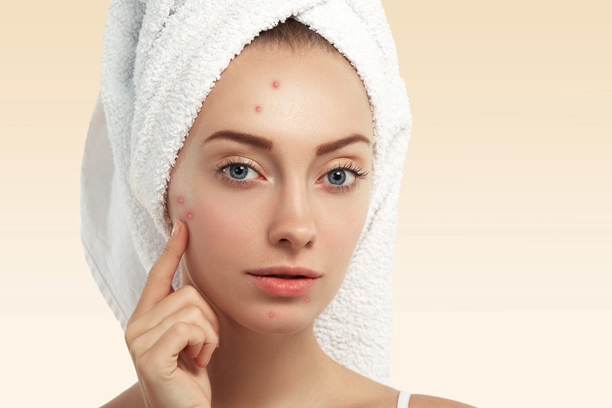

Diet and lifestyle choices play a significant role in determining your skin’s daily appearance. From the foods you eat to the amount of sleep you get, everything affects your skin. This comprehensive guide explores the intricate link between diet, lifestyle, and skin health, providing practical tips and strategies for achieving a radiant complexion. We’ll delve into the influence of nutrition, hydration, exercise, sleep, and stress management on your skin’s health and appearance, empowering you with actionable knowledge to achieve optimal skin wellness. This article is structured to cover the key areas of diet and lifestyle that significantly impact your skin’s health and appearance, including nutritional influences, hydration, exercise, sleep, and stress management. We’ll also discuss how these factors can impact various skin concerns and suggest solutions to address them. Throughout this guide, you’ll find practical tips, examples of successful strategies, and supporting data to ensure effective and actionable advice.
The Impact of Nutrition on Skin Health
Essential Nutrients and Skin Function
Skin cells need specific nutrients to function properly, and deficiencies can lead to visible signs of skin damage. A diet rich in vitamins, minerals, and antioxidants supports healthy skin cell production, strengthens the skin barrier, and reduces inflammation. For instance, vitamin C is vital for collagen production, while vitamin E is a powerful antioxidant that protects the skin from free radical damage. Omega-3 fatty acids, found in oily fish and nuts, help maintain skin moisture and elasticity.
Specific Foods and Their Effects
The foods you eat directly impact your skin’s overall health and appearance. A diet rich in fruits, vegetables, and whole grains provides essential vitamins and minerals. Antioxidants found in berries, leafy greens, and citrus fruits protect against free radical damage. Conversely, processed foods, sugary drinks, and excessive saturated fats can lead to inflammation and dull skin. A balanced diet prioritizes nutrient-rich foods over empty calories. High-glycemic foods can lead to inflammation and accelerated aging of the skin, while foods rich in antioxidants can protect against free radical damage and keep skin looking young and healthy.
The Role of Hydration in Skin Health
Related Post : Common Skin Conditions That Often Go Misdiagnosed
Importance of Water for Skin Moisture
Water is essential for maintaining skin hydration, supporting cell function, and promoting elasticity. Dehydration can lead to dry, flaky skin, fine lines, and wrinkles. Drinking enough water daily keeps your skin plump and supple.
Practical Tips for Staying Hydrated
Carry a reusable water bottle and sip water throughout the day. Include hydrating foods in your diet, such as fruits and vegetables high in water content. Monitor your intake and adjust based on your activity levels and climate. Consider adding natural flavorings to your water to increase palatability. A good rule of thumb is to drink half your body weight in ounces of water each day.
The Influence of Exercise on Skin Health
Exercise and Blood Circulation
Regular exercise improves blood circulation, delivering essential nutrients and oxygen to skin cells. Increased blood flow can help reduce inflammation, promote cell renewal, and improve skin tone and texture. Studies have shown that exercise can lead to increased collagen production.
Exercise and Stress Reduction
Exercise is a crucial component in stress reduction, which in turn, can positively affect skin health. Chronic stress can lead to inflammation and breakouts. Maintaining a regular workout schedule can help manage stress levels. The release of endorphins during exercise can also promote a sense of well-being and improved sleep quality, which are crucial for skin health.
The Impact of Sleep on Skin Repair
Sleep and Cell Regeneration
During sleep, the body’s natural healing and repair processes occur, including cell regeneration and the production of collagen, essential for maintaining skin elasticity. Adequate sleep is crucial for healthy skin cell turnover. Insufficient sleep can lead to dark circles under the eyes, dullness, and an overall tired complexion.
Maintaining a Regular Sleep Schedule
Establish a consistent sleep schedule and prioritize 7-9 hours of quality sleep each night. Create a relaxing bedtime routine to prepare your body for sleep. Limit screen time before bed and ensure a dark, quiet, and comfortable sleep environment.
Managing Stress for Radiant Skin
Stress and Skin Breakouts
Stress is often linked to hormonal imbalances, which can trigger acne breakouts and other skin issues. Prolonged periods of stress can lead to inflammation, causing various skin concerns.
Stress Management Techniques
Engage in stress-reducing activities, such as meditation, deep breathing exercises, yoga, or spending time in nature. Prioritize relaxation techniques and mindfulness practices to manage stress levels effectively and prevent negative impacts on your skin’s health. Find activities that help you relax and de-stress. This could be anything from listening to music to spending time in nature. Remember, consistent practice is key to managing stress effectively.
In summary, understanding how diet and lifestyle affect your skin’s daily appearance is crucial for achieving healthy and radiant skin. Prioritizing a balanced diet rich in essential nutrients, maintaining a consistent sleep schedule, managing stress levels effectively, and incorporating regular exercise and hydration are key factors. By implementing these strategies, you can nurture your skin’s overall health and potentially address concerns, ultimately leading to a more vibrant and youthful complexion. For personalized guidance on addressing specific skin issues, consult a dermatologist. They can provide tailored recommendations to enhance your skin’s health journey.